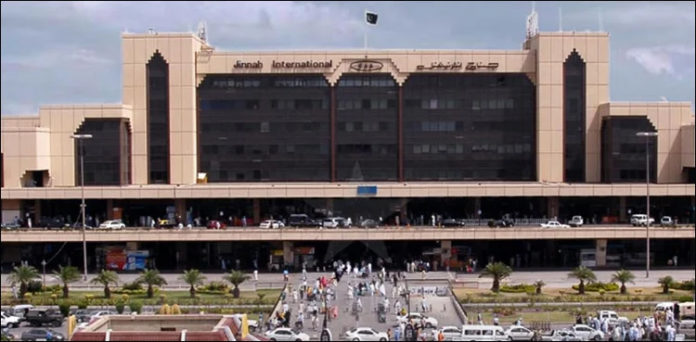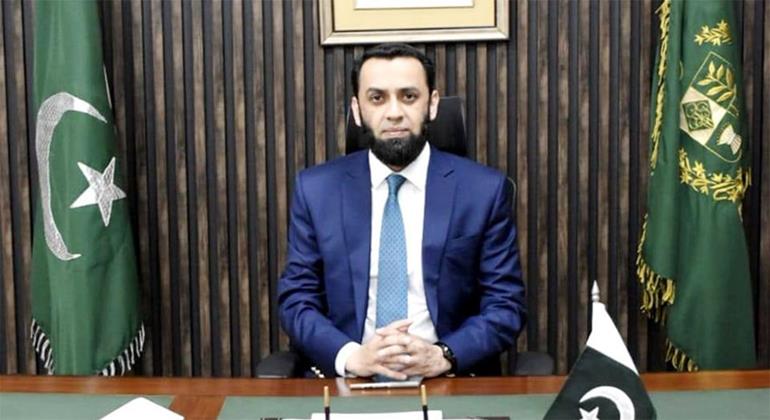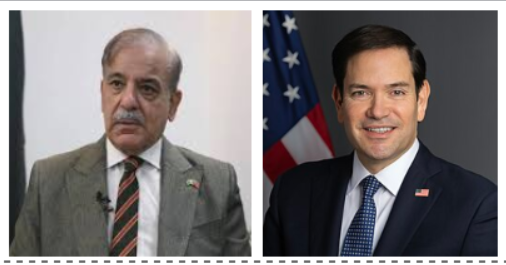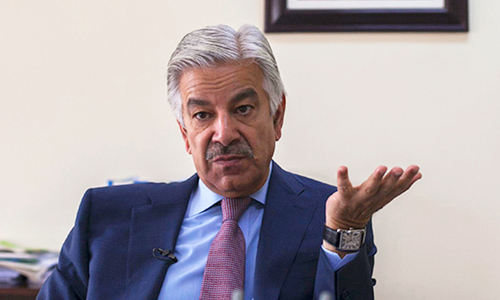POLITICS & POLICY MAKING
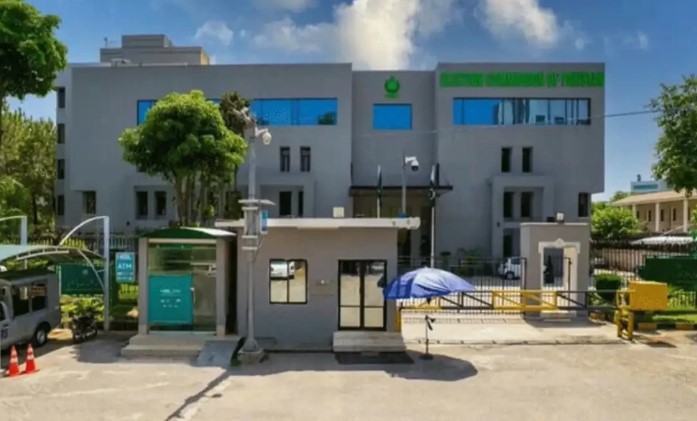
The Election Commission of Pakistan (ECP) has declined a request from the Senate Standing Committee on Parliamentary Affairs to provide details regarding the salaries of its members and employees, as well as its election expenses. The refusal, communicated through a letter, highlights the ECP’s assertion of its constitutional independence.
The Senate Standing Committee on Parliamentary Affairs, led by Chairman Humayun Mohmand, had scheduled a meeting to discuss various aspects related to the ECP's financial operations. The committee sought details on salaries, travel expenses, and the costs associated with the general elections held earlier this year.
In response, the ECP conveyed through a letter to the Ministry of Parliamentary Affairs that as an independent constitutional body, it does not fall under the jurisdiction of any ministry, including the Ministry of Parliamentary Affairs. The ECP emphasized that its expenses are "charged expenses," meaning they are not subject to parliamentary approval through voting in the National Assembly. Consequently, the ECP maintained that it is not obligated to provide the requested financial information to the committee.
Chairman Humayun Mohmand expressed his discontent with the ECP's position, stating, "The Election Commission says they are not answerable to the parliament that created them. This is unacceptable." The committee members discussed potential responses, including escalating the matter to the Senate Chairman for further guidance or even bringing the issue before the Privileges Committee.
Senator Mohsin Aziz voiced strong opposition to the ECP's stance, calling for the rejection of the ECP's letter and recalling that the ECP had previously appeared before the Public Accounts Committee (PAC).
The Secretary of Parliamentary Affairs suggested that the matter be referred to the Senate Chairman for an official opinion, while Chairman Humayun Mohmand expressed his intention to pursue the issue with the Privileges Committee if necessary.
This development underscores the ongoing tension between Pakistan’s legislative bodies and the Election Commission, raising questions about the boundaries of parliamentary oversight over independent constitutional institutions.

